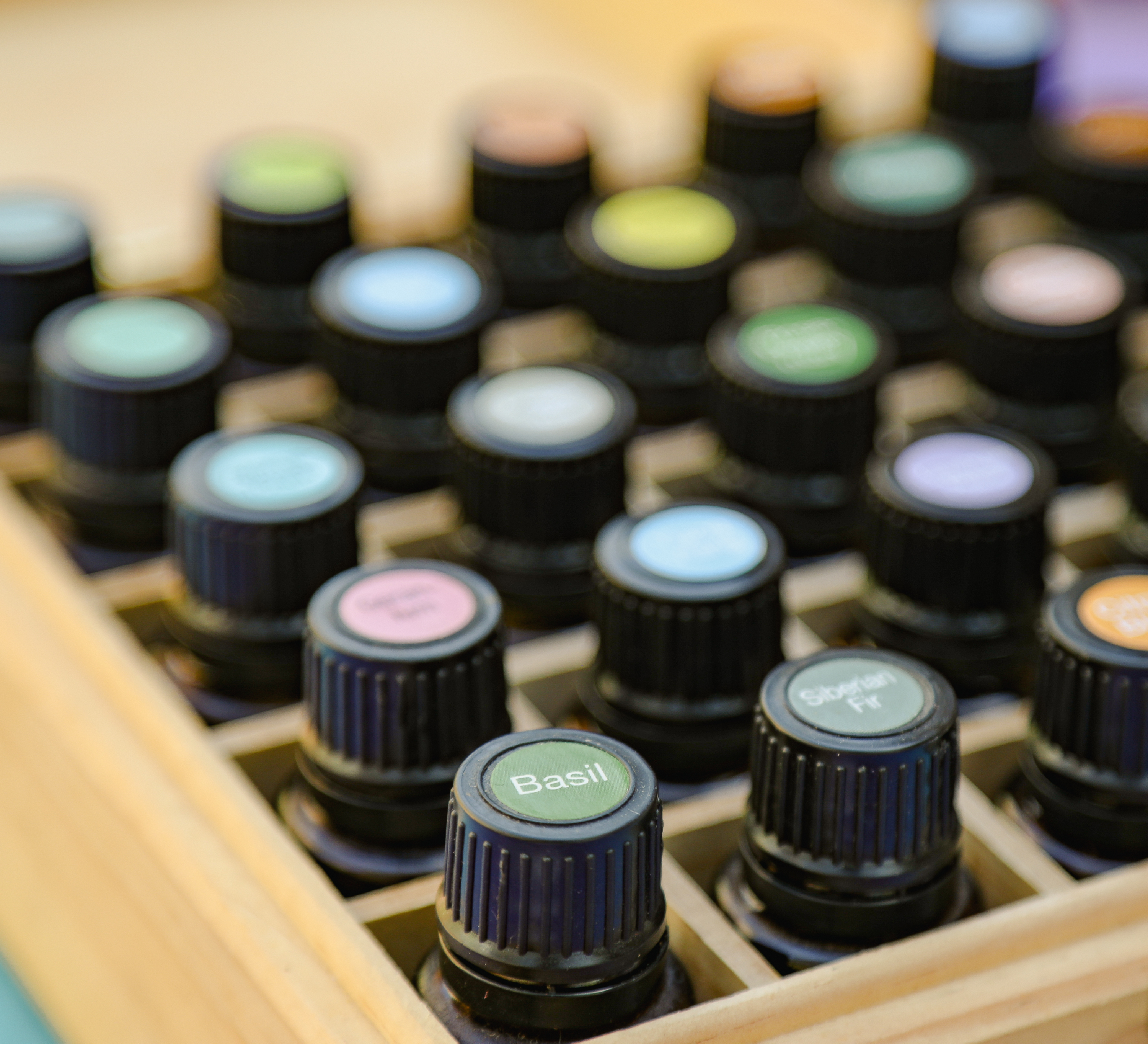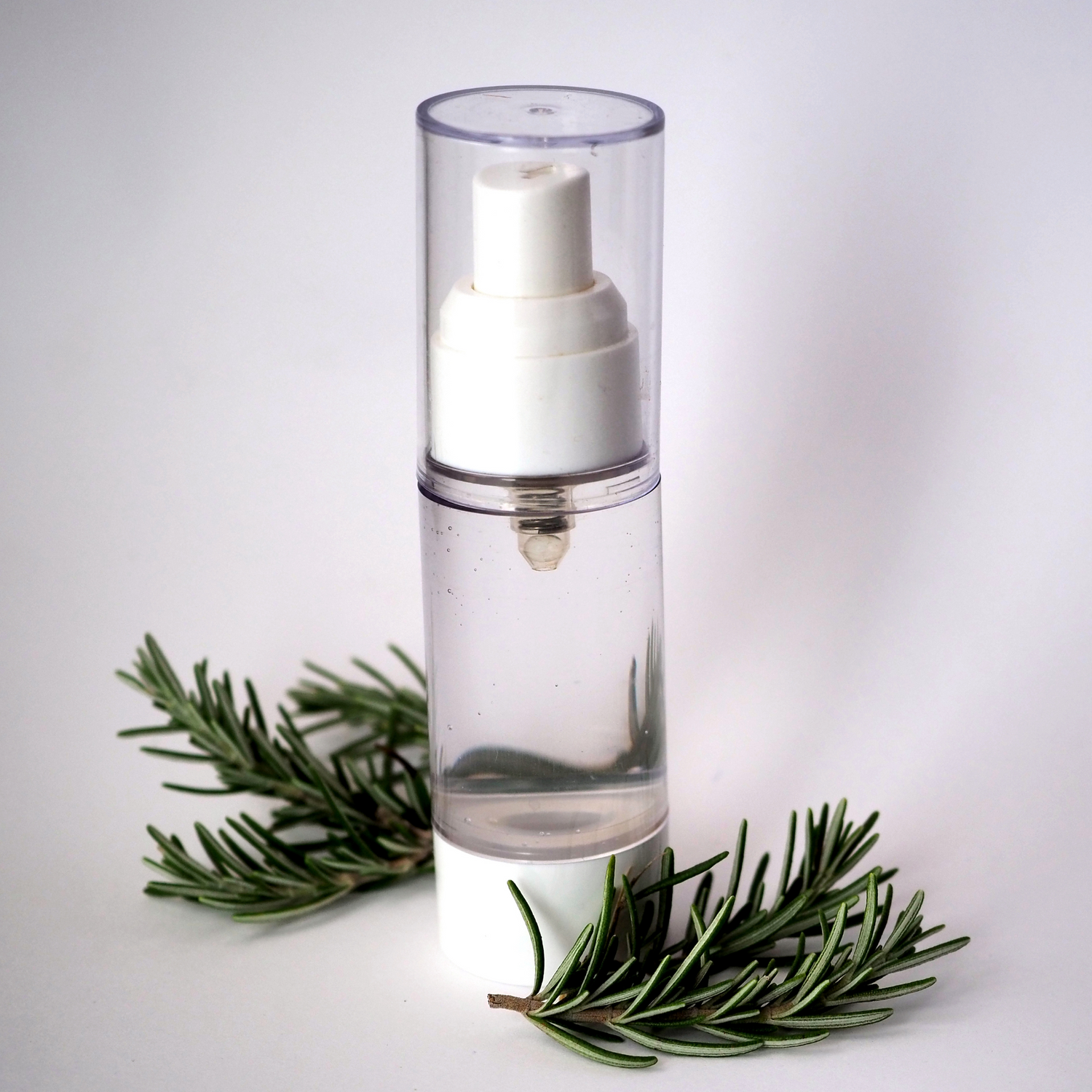Organic certification
Organic certification of essential oils is an important proof of quality in the field of distillation. Without organic certification, it is impossible to know if the essential oil is truly 100% authentic and free of pesticides and herbicides.
Quality of essential oils
A quality essential oil should not contain any additives, solvents, or diluents. It must be 100% pure and natural. Organic essential oils have better therapeutic properties because the plant must produce more of them to defend itself.
Essential oils must mention the chemotype, which specifies the main chemical composition of the oil, thus ensuring its therapeutic effectiveness.
Allergic reactions
Additionally, organic essential oils are safer, as they do not contain chemicals that can cause allergic reactions, among other things.
Conservation and packaging
- Packaging : Essential oils should be stored in amber or blue glass bottles to protect them from light. Plastic bottles should be avoided as essential oils can degrade them.
- Shelf life : Essential oils have a very long shelf life. It is best to store oils in a cool, dry place.
Conclusion
Beware of uncertified essential oils sold at low prices. Essential oils come at a cost. A price that's too low is undoubtedly questionable and, unfortunately, can be synonymous with poor quality. To ensure the quality of essential oils, it's crucial to choose certified organic products, verify purity and composition, prioritize environmentally friendly production methods, and ensure proper packaging.







